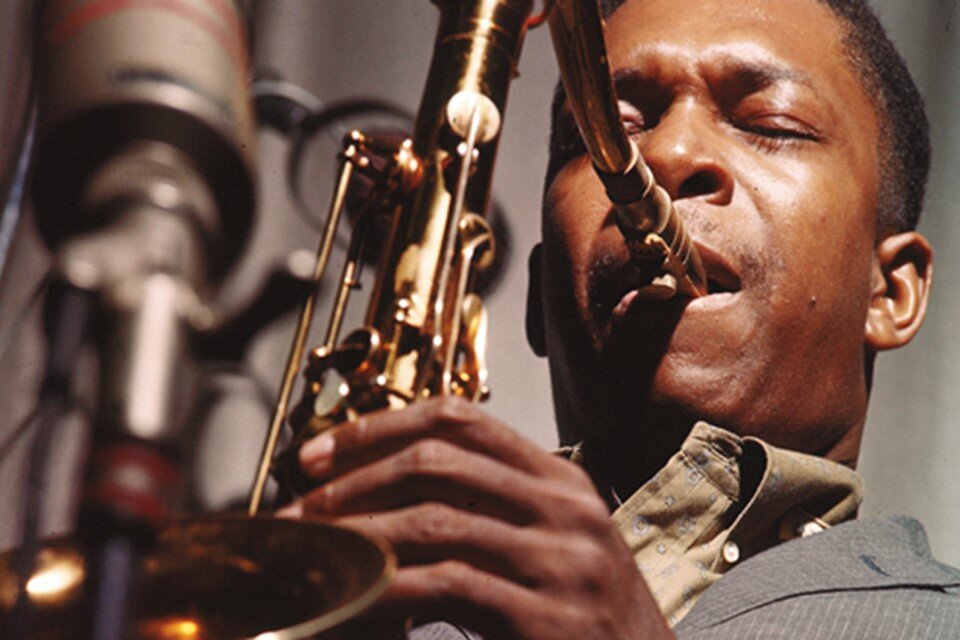
I have a friend who listened only to classical music. One day I had him listen to the music of John Coltrane, a jazz giant. And in honor of the saxophonist’s Giant status, the track I had my friend listen to was “Giant Steps”. As he was listening, I was trying to decide what I was going to eat; I had no doubt that once my friend was done listening, he was going to be most certainly blown away and feel that he owes me for opening his eyes to this amazing world of new music. Us being Koreans, he will insist he should buy me a lunch. So what shall we eat? Chinese? Italian? Korean?
But instead he surprised me with this nonsensical comment: “It’s just noise. This is exactly why famous orchestra conductor, Bruno Walter, said jazz is the music of the devil!”
Over time, I have come to know many jazz and classical music listeners. And what I find interesting is that it’s relatively easy for jazz lovers to fall in love with classical music but not so easy for their classical counterparts to do the same with jazz. At least, not with the typical jazz where improvised instrumental solos take most of the performance time. Yet, this is the kind of jazz that hardcore jazz fans are mostly drawn to and identify as real jazz.
Admittedly, most people don’t easily get attracted to this kind of jazz. And classical music listeners, whom I would say are pretty patient with music that’s foreign to them, are no different. I imagine, and have witnessed, that people who exclusively listen to 3 to 6 minute songs with lyrics, which is most of us, often have little patience for jazz solos. Their first impression of jazz can be described in a single word: chaotic. It feels like the musicians are playing whatever they feel like playing. It’s an observation that’s true.

There’s jazz and then there’s the rest of western music we usually listen to, including classical, pop, rock, country, dance, and so on. To save space, I am going to call the latter “non-improvisatory music” even though it usually includes a tiny bit of improvised solo music in the middle of a song.
So what is the difference between jazz and non-improvisatory music? In a nutshell, listening to the latter is like watching a play unfolding on a stage, and listening to jazz is like sitting among friends at a hang-out. Just like a play, which is the product of actors’ rehearsals based on a pre-written script, non-improvisatory music is the product of musicians’ practices based on music notes, whether written on paper or memorized. Jazz isn’t.
When you go out and have beer with your friends, you don’t prepare beforehand what exactly you’re going to say to each other. You just show up and jabber away. You say the words as they pop up in your head. The exact words that will come out of your mouths can’t be determined until you show up at the table. That’s improvisation, and it’s what makes going out with your friends fun and meaningful.
Jazz works like that. It’s not uncommon for jazz musicians to get together and without rehearsing start a show or recording session. Sometimes, they may even decide what music to play after they get together. And when they do a rehearsal, it’s neither thorough nor detailed. It’s as half-formed as a call between you and your friend before the hang-out and agreeing, “That bum still hasn’t paid us back. Let’s bring it up together when we see him tonight”. Almost no one would try to think of the exact words to say and in what tone. It’s like that with jazz. The musicians just agree on basic things and start playing.
In essence, listening to non-improvisatory music is the act of listening to what the musicians prepared for you, the listener. But listening to jazz is the act of eavesdropping on the musicians hanging out with each other. It’s like sitting next to a table of strangers who know each other very well and listening to their conversation. It’s exactly why jazz can sound confusing. As you listen to these solos that can seem to last forever, it can often feel like listening to strangers with too many a beer in them, babbling on and on.
But if you pay attention to those strangers’ conversation, all kinds of things are happening. They burst into laughter. They talk about the old days. And all of a sudden someone starts yelling at someone else. And someone starts crying. A hang-out goes on like this. Jazz goes on like this.
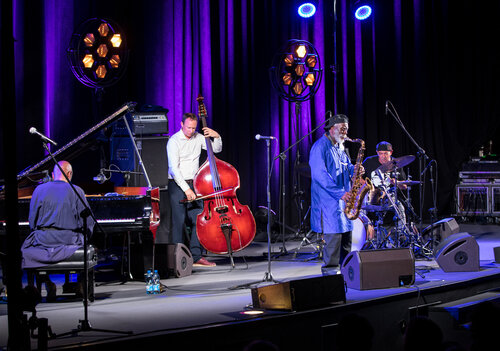
And that’s the beauty of jazz. It’s a beauty that can only be conveyed by a story that wasn’t written down, a story that’s being written on the spot. Its emotion is quite different from the emotion delivered by a final product that originated from a pre-written script. When you listen to non-improvisatory music, you are listening to the result. When you listen to jazz, you are listening to the process.
When the sound quality is good enough, this uniqueness of emotion in jazz comes out quite clearly. A Steinway piano makes completely different sounds when a jazz musician is doodling on it than when a classical musician is playing a Beethoven sonata on it. It’s the difference between watching a chef working on a dish and just eating it.
Personally with my life, I tried very hard to create certain results with certain plans, projects, and relationships. And when I didn’t get the result I wanted, I was disappointed and often upset. But what I know now is this: life is not about accomplishments. Rather, it works more like surfing. Just as a surfer observes the ups and downs of the wave and moves along with them, the job of someone playing the game of life is to observe various phenomena happening from moment to moment and to navigate and enjoy them. In other words, life is closer to jazz than to non-improvisatory music.
That friend of mine never opened his heart to jazz. But I managed to get him to buy me lunch anyway. At least that part of my Coltrane evening with him was an accomplishment.
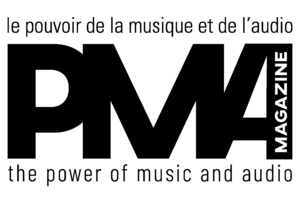
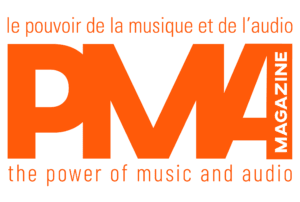
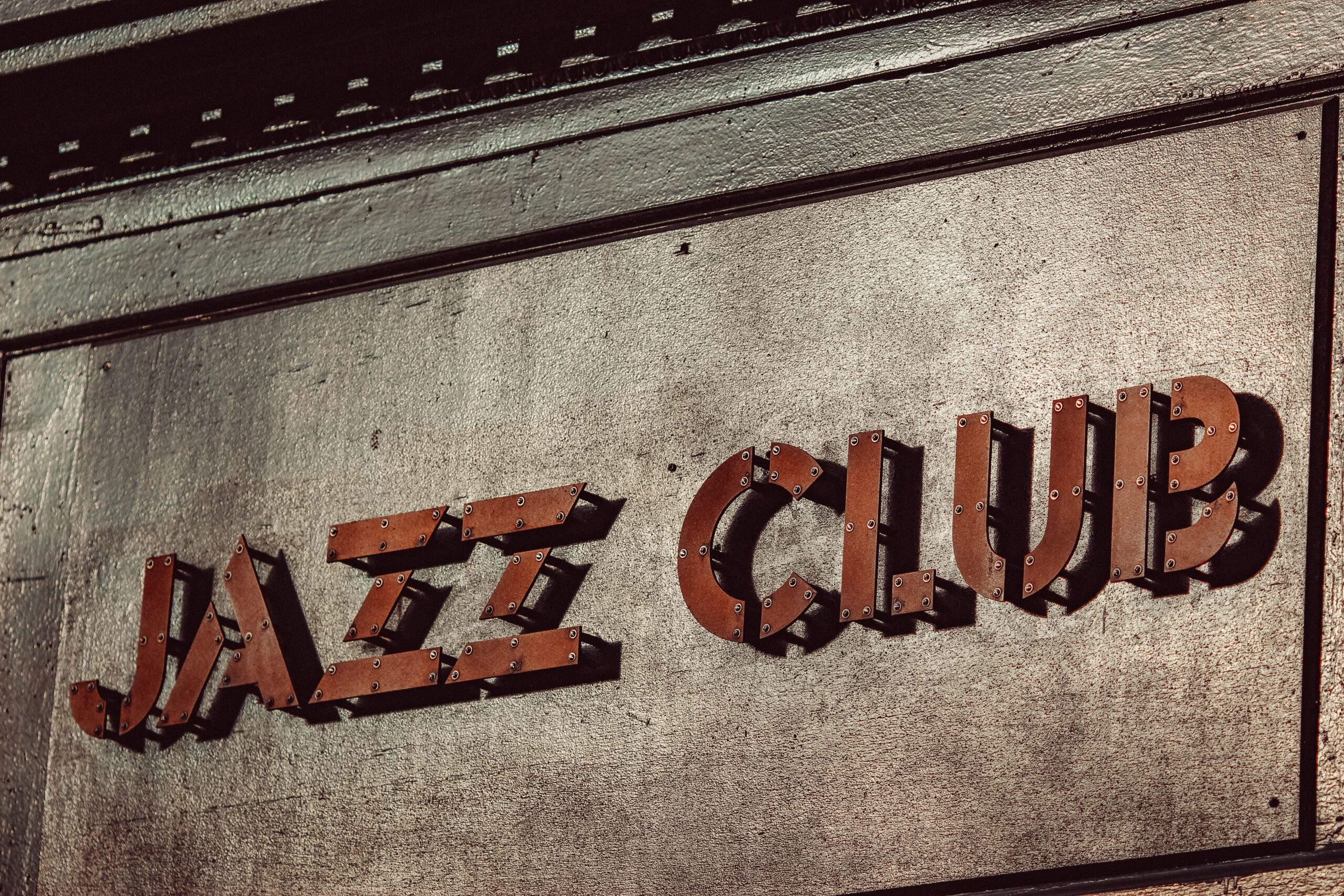
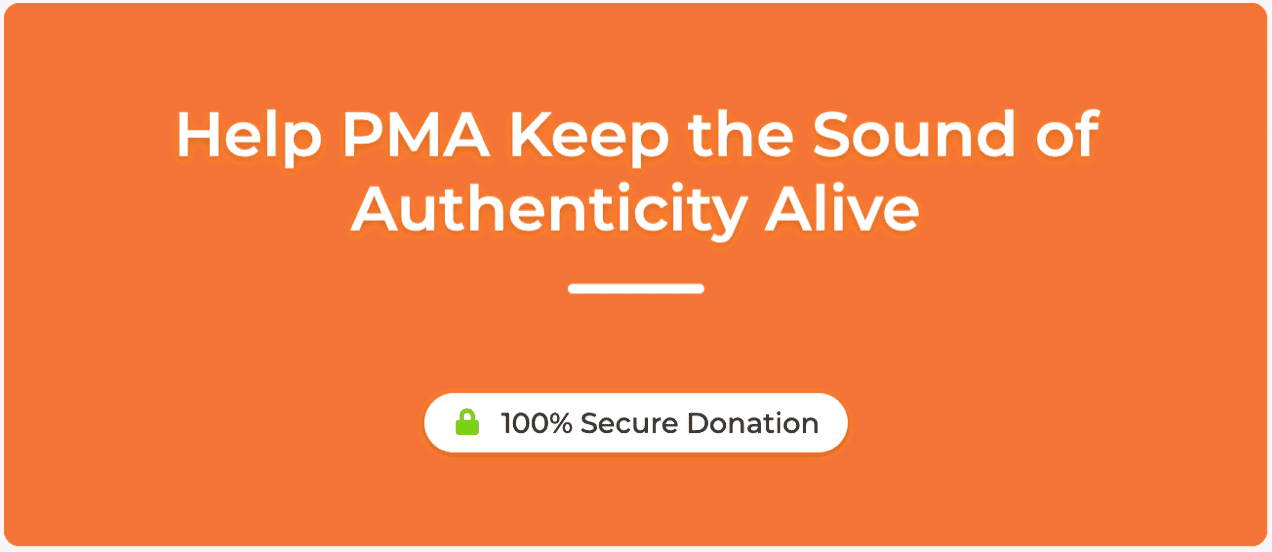
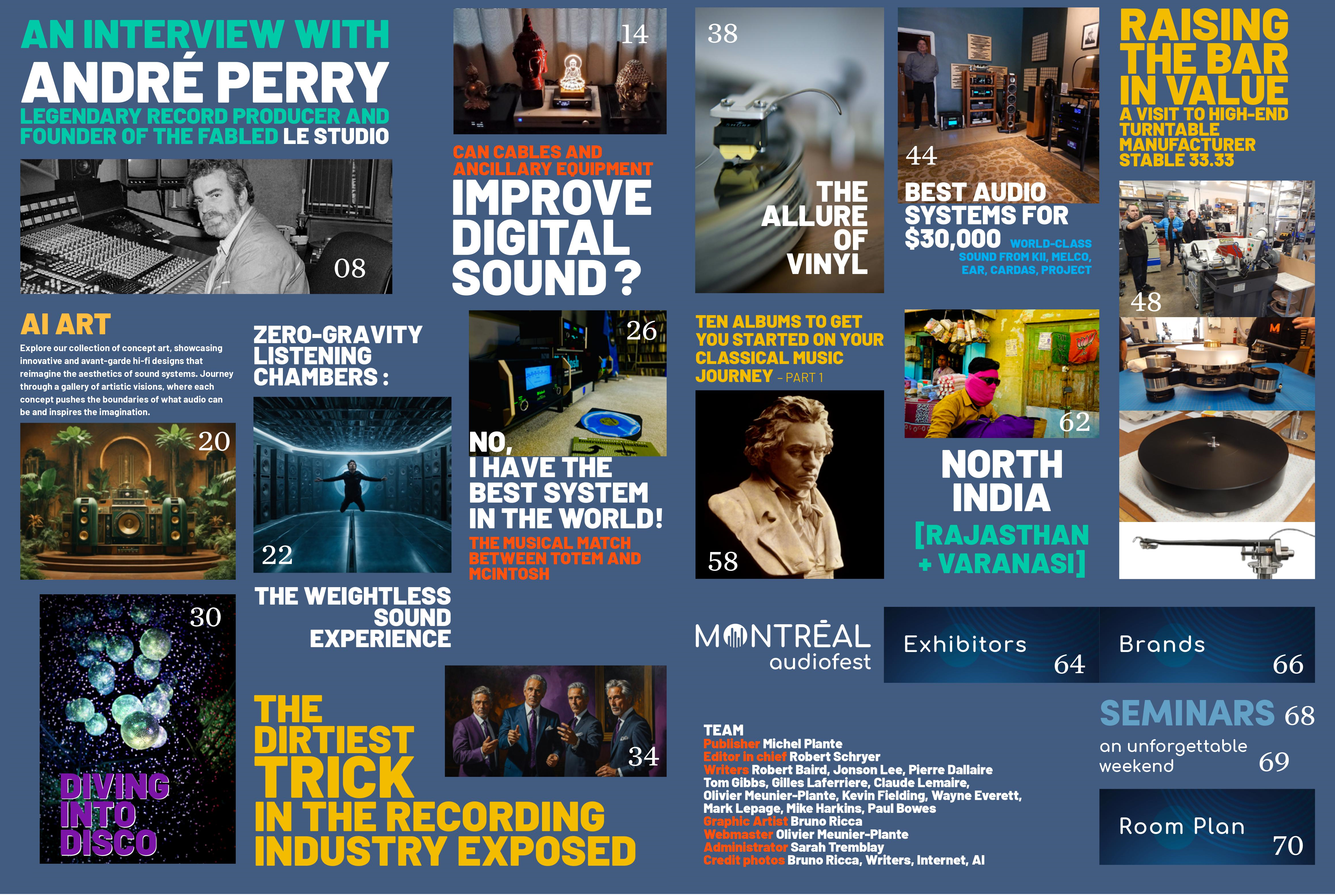
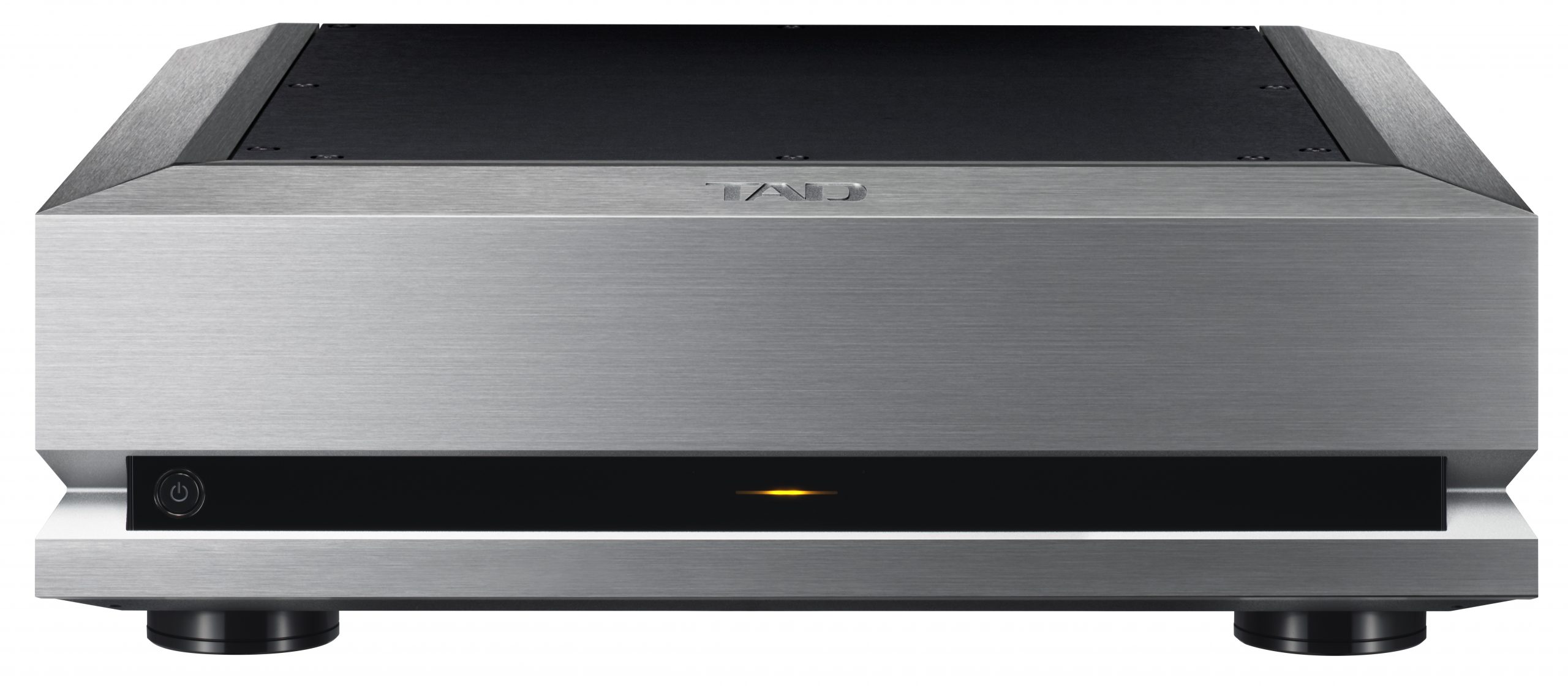
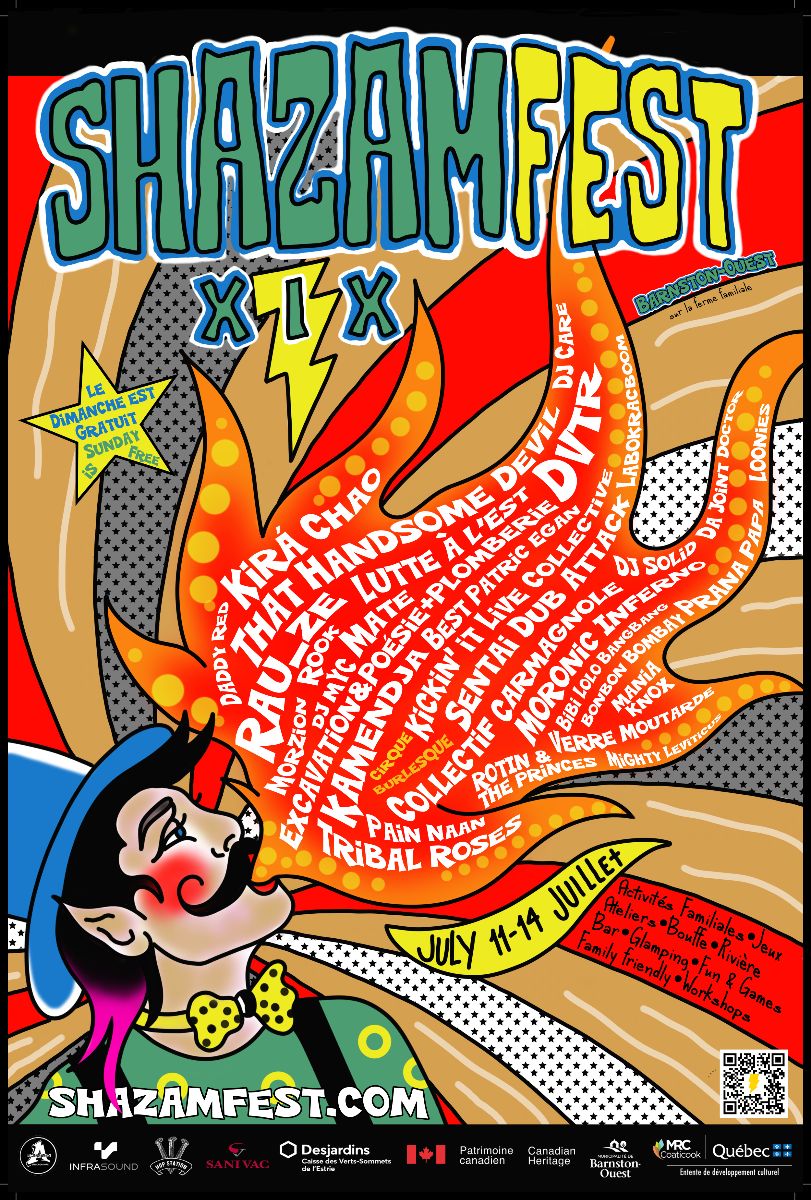

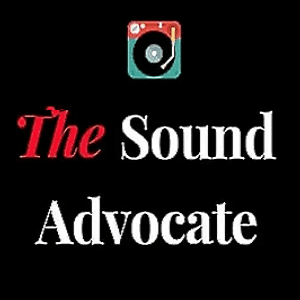
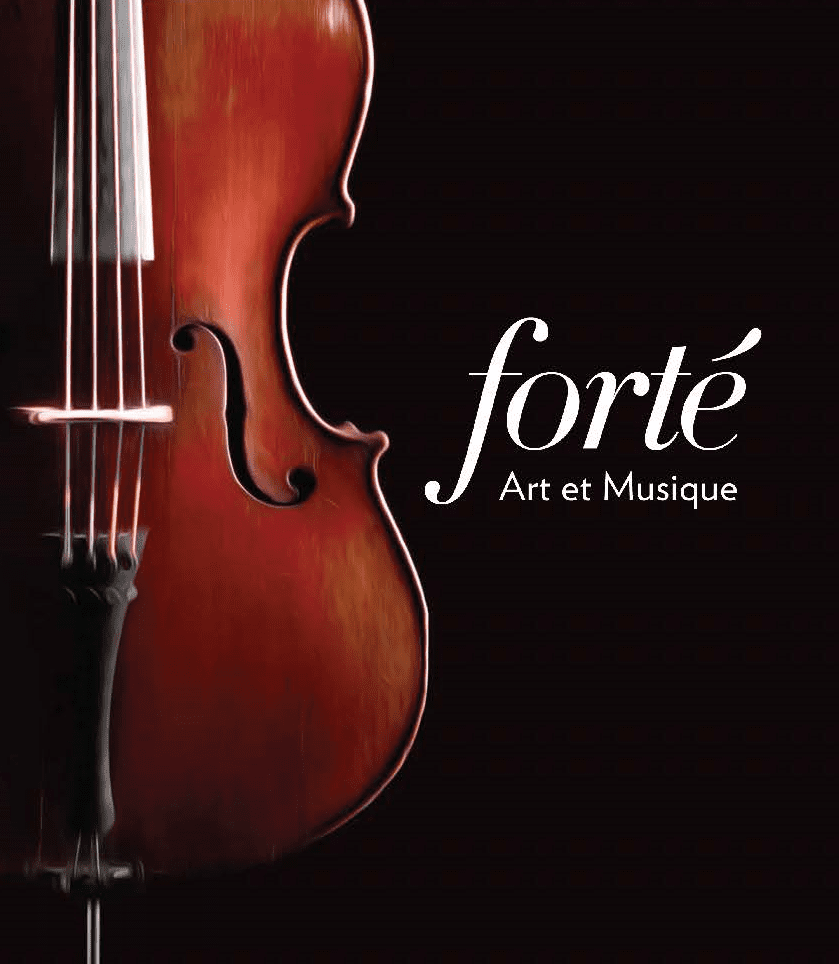
Leave a Reply